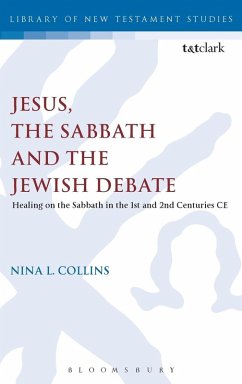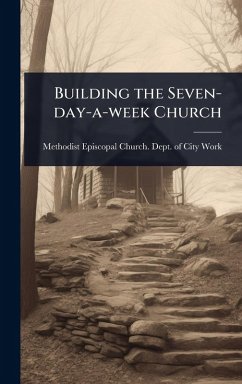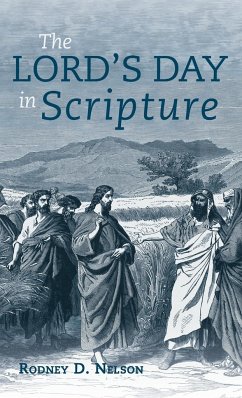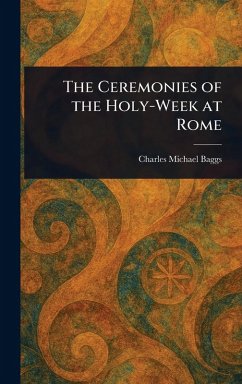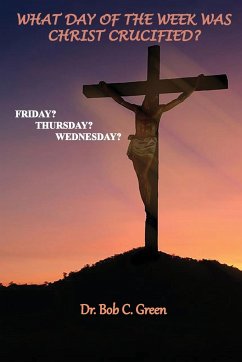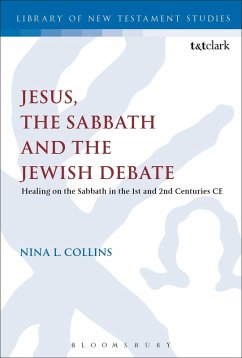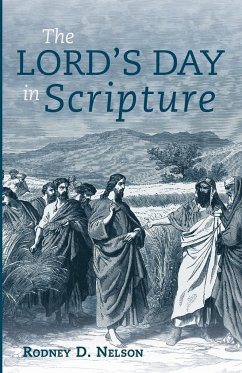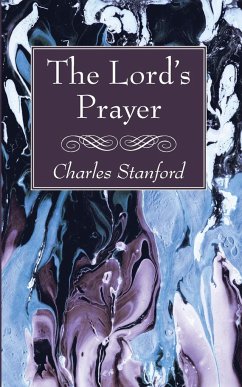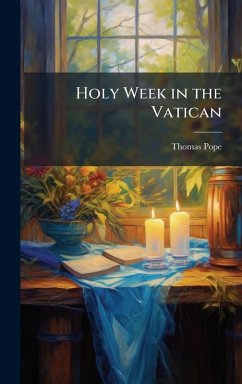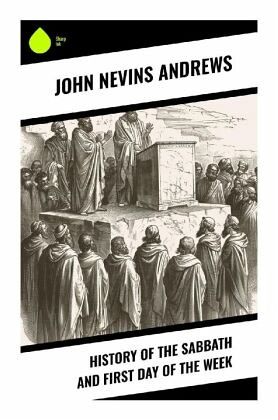
History of the Sabbath and First Day of the Week
Versandkostenfrei!
Versandfertig in 6-10 Tagen
16,50 €
inkl. MwSt.
Weitere Ausgaben:

PAYBACK Punkte
0 °P sammeln!
In "History of the Sabbath and First Day of the Week," John Nevins Andrews provides a meticulous examination of the origins, significance, and evolution of Sabbath observance and the designation of Sunday as the Lord's Day. Written in a scholarly yet accessible style, Andrews draws from a rich tapestry of historical documents, theological treatises, and scriptural analysis to elucidate the tensions and transitions between Jewish Sabbath customs and early Christian practices. His work emerges as a pivotal contribution to religious studies, particularly within the context of the ongoing discours...
In "History of the Sabbath and First Day of the Week," John Nevins Andrews provides a meticulous examination of the origins, significance, and evolution of Sabbath observance and the designation of Sunday as the Lord's Day. Written in a scholarly yet accessible style, Andrews draws from a rich tapestry of historical documents, theological treatises, and scriptural analysis to elucidate the tensions and transitions between Jewish Sabbath customs and early Christian practices. His work emerges as a pivotal contribution to religious studies, particularly within the context of the ongoing discourse regarding the continuity of sacred time and the implications of shifting traditions. John Nevins Andrews was a prominent figure in the early Seventh-day Adventist movement, known for his deep commitment to scriptural study and interpretation. His background as a minister and educator, coupled with his position as the first official missionary of the Adventist Church, reflects a life deeplyimmersed in theological inquiry. This personal and ecclesiastical experience undoubtedly shaped his perspective on the Sabbath and fueled his quest to address prevailing misconceptions surrounding this topic, as well as its implications for modern believers. Readers interested in religious history, theology, and the evolution of Christian practices will find Andrews' work to be an invaluable resource. His thorough research and nuanced arguments not only shed light on the historical context of Sabbath observance but also invite contemporary reflection on the significance of sacred time in a modern world. A must-read for scholars and laypeople alike, this text offers a profound understanding of a pivotal aspect of Christian heritage.




